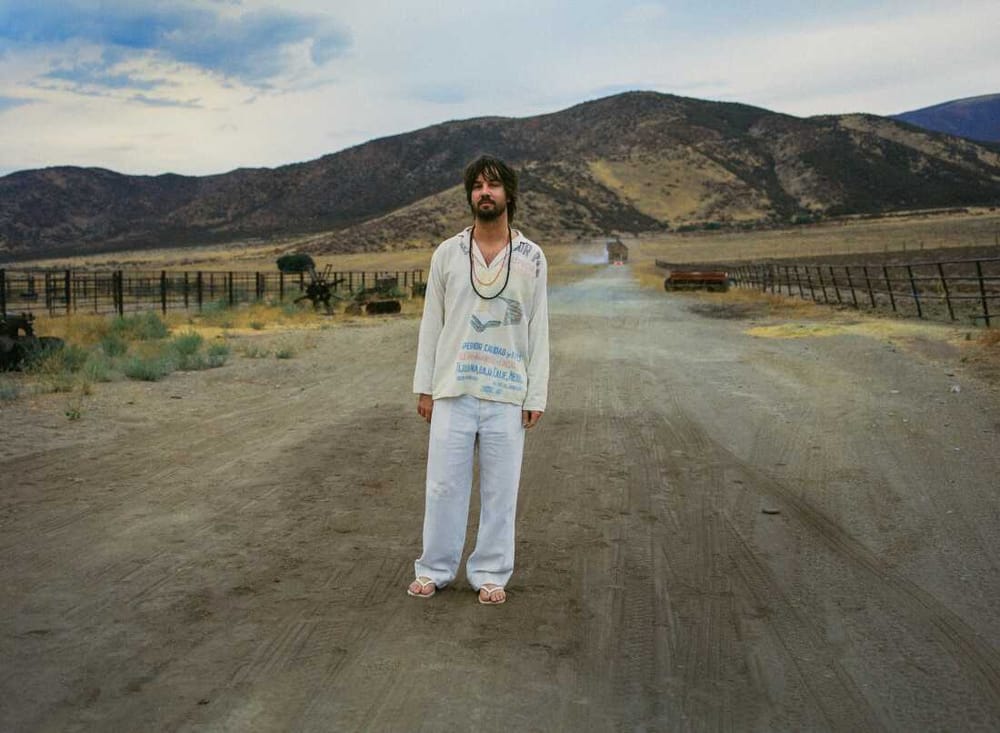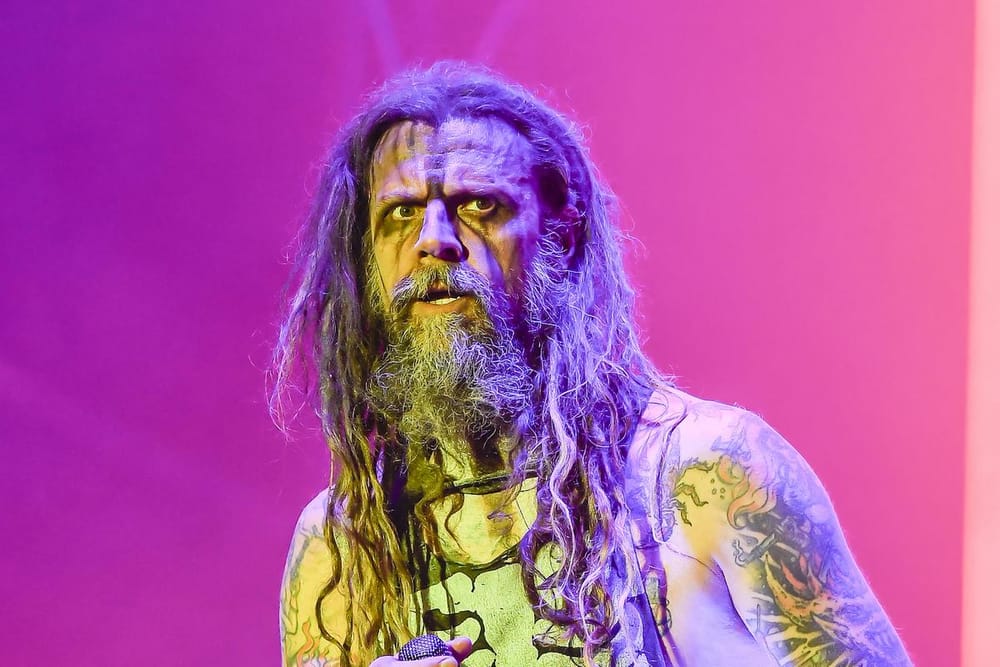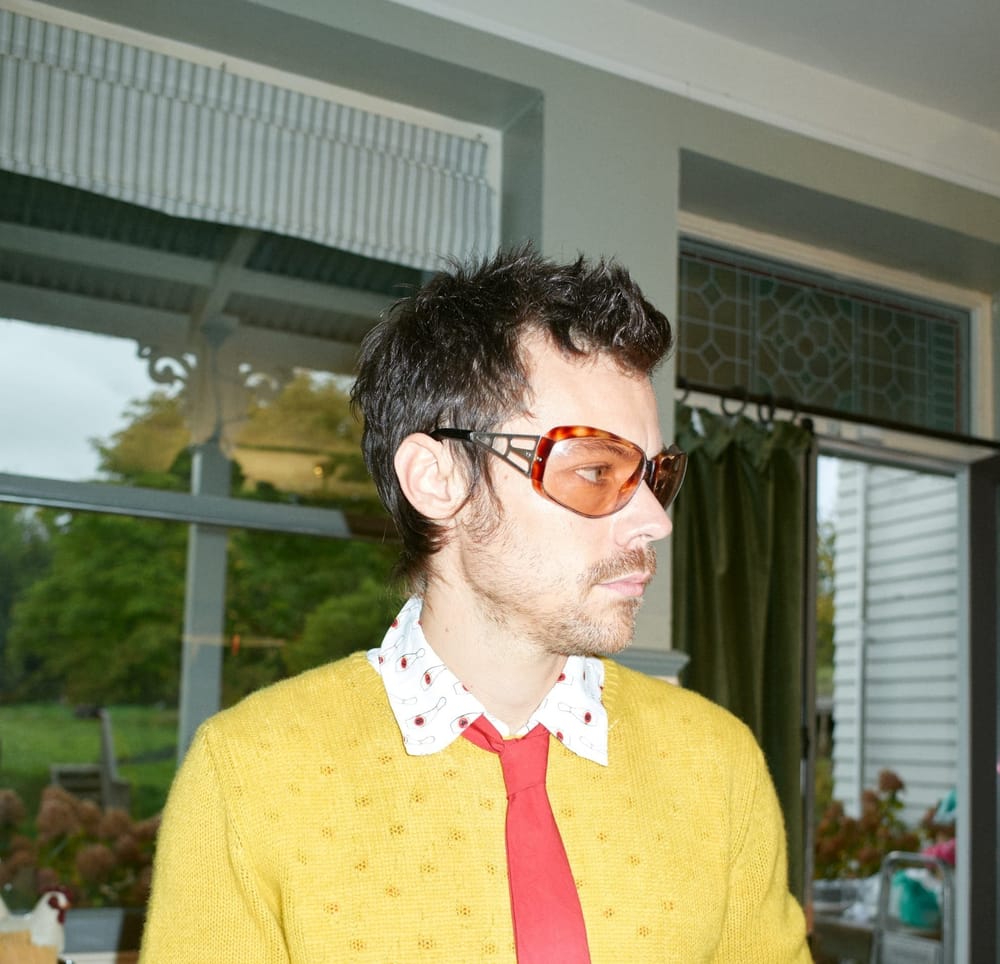Tame Impala fans are no strangers to long waits. Ever since the genius behind the project, Australian-born Kevin Parker, released his mastermind album Innerspeaker in 2010, fans have spent over fifteen years navigating his synthwaves, with each of his five albums coming at different stages of their lives. Even since his 2020 album The Slow Rush, the world seems like it’s an entirely new landscape. Five years to now, from a cultural point of view, can feel like two completely different eras. And for a lot of us, it has. Think back to your life in 2020; your goals, your aspirations, your job, your best friends. Five years can change more than we think, faster than we think.
So it’s no surprise when Tame Impala dropped the first single “End of Summer” from his upcoming project Deadbeat, a lot of people were thrown for a loop. This was not the Tame Impala they remembered. This was a seven minute house track with a 909 drum machine. Where were the classic Tame Impala drums they fell in love with 15 years ago? Where were the genre-bending disco pop songs like off 2015’s Currents?
Since when did Tame Impala make house music?
We can’t blame Kevin for wanting a change; his experimental genius is precisely why we all fell in love with Tame Impala. After all, we wouldn’t have Currents if he decided to make Lonerism again. Currents, although at the time many fans thought it was too much of a departure from his “original” sound, went on to sell over one million copies and become a staple for collectors of indie rock vinyl everywhere.
In a constant battle between his musical perfectionism and anxieties about his never being good enough for his fans, in the process of making his fifth album, he almost decided to release the project under a completely different pseudonym. But this would have only added to this precedent that Tame Impala should only be one thing, that thing being whatever the critics want.
So he decided to do what many wouldn’t dare. He was going to make exactly the album he wanted. He was going to do the exact thing that both terrified and liberated him. This is precisely why Tame Impala released Deadbeat five years later on October 17th, 2025.
For Deadbeat, less means so much more. While the goal was simplicity, the album is a lot of things. Even its three lead singles, “End of Summer”, “Loser”, and “Dracula,” all seemed like they belonged to different projects. The album doesn’t know exactly what it wants to be, sometimes feeling more like a compilation of thoughts than an album. But if you listen closely, Deadbeat is selling you just that. He's forcing fans to sit down and share an excruciating, psychedelic disassociation of self discovery and relapse, beginning with himself. Throughout multiple interviews done this album cycle, already rare for Tame Impala, Kevin has finally began to show the face behind the project he's been hiding behind for years. To show people, once and for all, that Tame Impala really is just one guy.
The album opens, “Here I am once again feeling all blue.” “My Old Ways” starts at a piano, a unique perspective we haven't seen before from Tame Impala. It is a raw and isolating feeling, finally being alone with Kevin and hearing the man behind it all. Yet very quickly, he makes sure to cut this moment short by infusing the song with exactly the type of layered sound we expect to hear. He isn’t completely ready to expose himself yet, for fear of disappointment. “I know what's coming / it's so shocking / always fucking up with something”. The backing bass track loops on and on, referencing the never-ending cycles he finds himself stuck in.
“No Reply” takes an unusual turn. Virtually killing the momentum up to this point, Tame Impala brings out the piano again and forces us to listen. “I was so uptight / that I did not ask you about your life / the things you like / how you spend your nights / are you that surprised?” Although he wants to connect with the love interest here, we see his usual anxieties creep back. He consistently blames himself for every failed relationship, which becomes a recurring theme throughout the album. But not only is this a romantic barrier, his anxiety is creating distance in his friendships as well. “On a Friday night / off a rogue website / when I should be out with some friends of mine.” While offering a deeper dive into the album’s themes, it does feel like it's in the wrong place on the album, sandwiched between the upbeat build up we just heard and the following song.
“Dracula” could be described as a modern “Thriller,” with a catchy funk bassline and a bloodthirsty desire for dance. It encourages listeners to “run from the sun” and into the world of late nights. Here he contemplates the purity of his relationship. “In the end, I hope it’s you and me; in the darkness I would never leave you; you won’t ever see me in the light of day.” His commitment only lasts as long as the black curtain of night can shield his true form. In the night, he can be the exact man he wants to be. But when the light exposes the shadow of doubt, he will remove himself again. It returns to the sound of “Is It True” with the album’s most polished track, an obvious attempt at the disco-pop that has been present in pop music for the last few years. It only makes sense to make something like this after helping to produce Dua Lipa’s Radical Optimism. Even so, it succeeds in being an earworm that is unapologetically and perhaps surprisingly my favorite song on the record.
“Loser” begins with a more classic production, returning to guitar, bass, and drums, but suffers in terms of intrigue. While it works visually—supported by the fact Joe Keery stars in the Loser music video and plays an embarrassing yet charming Kevin Parker—sonically, it doesn’t bring much to the table more than more odes of doom. He desperately wants us to see him as this deadbeat character full of self-pity. He wants us to see him as the villain in this story. Although I respect the versatility of this track, the album once again loses itself in a lack of cohesiveness.
“Oblivion” might be the most left-field addition to the record, playing with something completely new—techno-reggaeton? It playfully experiments with plenty of new sounds throughout its verses, making it feel more like a modge podge art experiment. It even hits four to the floor again, sampling the coda in “End of Summer.” The more I listened to it, the more layers and effects I picked up on, earning its way to one of my favorites on the album (especially the random harp effect near the first chorus). While the atmosphere expands a bit further from the rest of the album, it remains overall facile. But even when he sounds completely alien, he will always discerningly have that Tame Impala flair.
“Not My World” is where I believe his techno influences finally begin to materialize. This is not the world we are used to. It eventually dives headfirst into a dark rave, which makes me wish the song had dedicated itself completely to this sound, rather than stickingwith the first minute. At almost halfway through the album, it might have been better utilized as an interlude. “From my window / it looks perfect from a distance / oh, I want to be there / I need to get away as soon as I can.” Nothing he does will be good enough for others. Even if he gets exactly what he wants, his constant self-degradation will always leave him wanting to give it up to feel safe again.
By “Piece of Heaven,” I start to wonder if anything I thought this album would be is true. Between its pop chorus and swells that are reminiscent of Enya’s “Caribbean Blue,” this song shares two completely different atmospheres. While being a million things at once, it becomes something that is close to generic pop but ends up sounding more like adult contemporary. Not one of my favorites.
The funk is back in “Obsolete,” beginning with a groove similar to “I'm a Slave 4 U” from Britney Spears. If one of Tame Impala’s goals of this album was to hypnotize the listener, that sentiment is successful in this song. It also reminds us that the general repetition found in psychedelic rock is not too far removed from the loops in techno. Still, the lack of depth and intrigue from this and the previous two tracks feels like a dull point in the record. Strangely enough, it might be the song most similar to Tame Impala we've heard before, reminding me heavily of "Borderline."
And drift off it does in the next track, “Ethereal Connection.” At first shocked by the seven-minute run time, it does what I wish the ladder section of “Not My World” did—dive you headfirst into Tame Impala’s new mind space. A lush world of techno that forces your heartbeat to match the beat. It’s an exploration into a new sonic landscape for fans and finally doesn’t shy away from going all-in. In an album full of influences that are supposed to be inspired by Australia’s “Bush Doof" rave scene, finally we get a song true to form. It’s a breath of air so fresh that I almost forgot I had heard it before on the “End of Summer” b-side from the single release.
But by “See You On Monday,” we unfortunately return to the simple, drab structure of the middle section of the album. Repeating “You’re lost” eight times on this album, it amplifies themes of repetition as self-condemnation. Suffering the same fate as “No Reply,” it drags down the energy that was finally set free. Tame Impala takes another look in the mirror and decides to punish himself (and us) once again. Although I have tried to warm up to this one, I think it will be a definite skip, especially if you know what the next track will bring.
Although I said earlier that “Thriller” may be the modern “Dracula,” it might actually go to the second to last track, “Afterthought.” Another upbeat funk song that, once again, dwells on thoughts of inadequacy. “No matter what I do, I’m an afterthought to you.” He is no stranger to dance tracks riddled with messy relationship drama. Yet the album’s overall stripped-back feel forces him to confront these anxieties in the place where he usually feels most comfortable.
“End of Summer” wraps up the album with another seven-minute rollercoaster ride. But this time, Tame Impala is just giving us straight-up confessionals. “I know I can seem uncaring in moments like these; just because I don't regret it doesn't mean I won't think about it.” At almost 40 years old, he has come a long way since his debut in 2010. Deadbeat continuously hints at intimate details of his family, specifically with his five-year-old daughter, Pearl, her face front and center on the album cover. In a career full of world tours, festivals, and studio visits, one might question how an artist can continue this lifestyle while attempting to stay connected to family. “I'll see you when I see you” could hint towards an apprehensive relationship forming. “My words don't come with ease, and I'm sure that you won't believe, but you'll be on my mind.” Can a child truly understand the remoteness of a tour and the complexities of fame? Even when we start to feel like the song is diverging into its final supernova—finally giving us the relief we have been begging for after almost an hour of self-inflicted torture—the outcome is… less than satisfying. Even so, I’ll admit the breakdown still makes me want to strut, strut, strut, strut. Although I think it works as a closing track, it leaves me wanting more, wishing he had pushed the production just a bit further.
Tame Impala has entered an entirely new era of his musical journey. For the first time, we feel we’ve truly met Kevin Parker. We see him as he sees himself, unshielded from complex dance melodies. But most importantly for this stage of his career, we get to see a man who makes exactly what he wants to make. Let there be no confusion; Kevin has made it obvious what this album was going to be. There was no intention to create the next Lonerism or Currents. After finally breaking down the barriers that separated the face from the music, he now is empowered to create works that, while not always resonating with the public, can feel precisely right to the way he feels in that moment.
This album is by no means his greatest work. We constantly hear emotional depth without feeling it, almost as if he is trying to work through these anxieties without actually doing any of the heavy lifting. He wants us to see him as this pathetic loser but never stops to convince us otherwise. Okay great, you’re a deadbeat. Now what? Hopefully, he's used this album as a Hail Mary to finally rid himself of all the self-loathing.
Deadbeat is a combination of songs that range from moderately catchy to unremarkable and a track list that could definitely be changed around, but it is also an incredible leap—emotionally and musically—solidifying him as an incredibly monumental solo act who can conquer just about any genre he wants. He’s ready for this change and doesn’t really care if everyone else is.
“If I didn’t care about the music anymore and I just wanted to make money and sell albums, the way that you would know that is if I just did the same thing again.” - Tame Impala
Deadbeat is available now on all platforms.



